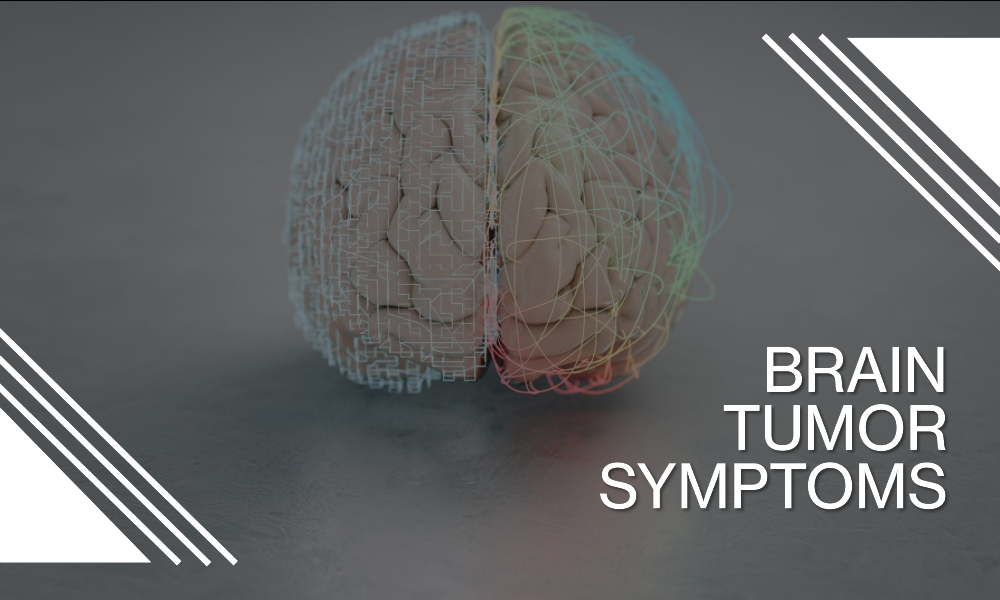Brain tumors are a complex medical issue with a wide range of potential symptoms. As abnormal growths within the brain, they can vary significantly in their severity, location, growth rate, and the symptoms they cause. This variation makes it challenging to determine precisely when symptoms of a brain tumor might appear. In some cases, symptoms may manifest shortly after a tumor begins to develop. In others, symptoms may not show until the tumor has reached a larger size or has begun to affect vital functions. This article aims to provide an overview of this nuanced topic.
Factors Influencing the Onset of Symptoms
The time it takes for symptoms of a brain tumor to appear depends on several key factors:
- Tumor Size: Larger tumors are more likely to cause symptoms than smaller ones, as they can exert more pressure on surrounding brain tissue or take up space within the skull.
- Tumor Location: The brain controls various functions, with different regions responsible for different tasks. Therefore, a tumor’s location significantly influences the type and onset of symptoms. A tumor in an area controlling motor function, for instance, might produce noticeable symptoms earlier than one in a less immediately critical area.
- Growth Rate: Faster-growing tumors (high-grade) may cause symptoms to appear more quickly than slower-growing ones (low-grade). However, even slow-growing tumors can eventually cause symptoms as they gradually expand.
- Tumor Type: Different types of brain tumors have different characteristics. For example, gliomas tend to grow more slowly, whereas medulloblastomas are usually faster growing.
Common Symptoms of Brain Tumors
The symptoms associated with brain tumors can range from very mild to severe. They may include headaches (especially upon waking), seizures, difficulty thinking, memory problems, personality changes, nausea or vomiting, fatigue, sleep disturbances, and neurological problems such as weakness on one side of the body, vision problems, speech difficulties, or coordination issues.
Progression of Symptoms
In many cases, symptoms start subtly and progress over time. An individual may start experiencing mild headaches or slight cognitive changes, which worsen or become more frequent over weeks to months. Some symptoms might only become noticeable once they start affecting an individual’s daily life or routines.
The Importance of Early Detection
Given the variation in brain tumor symptom onset and progression, it is crucial to seek medical attention if you experience persistent or worsening symptoms. While these symptoms can also be associated with other less serious conditions, it’s always prudent to rule out more severe issues like brain tumors.
Moreover, ongoing advances in medical technology, like MRI and CT scans, have significantly improved our ability to detect brain tumors early, even before they cause symptoms. Such early detection can open up a broader range of treatment options and potentially improve prognosis.
While this article aims to provide a broad understanding of the onset of brain tumor symptoms, it is essential to remember that individual experiences can vary widely. If you have health concerns, consult with your healthcare provider, who can offer advice based on a thorough understanding of your medical history and current health status. This article should not replace professional medical advice.








